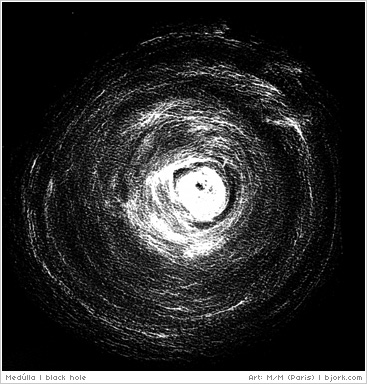A Thick Description of the Fake ‘n’ Bake.
By Richard Birch
STAS 2127 Research Methods & Data Analysis
This work Copyright (C) 2005 Richard Birch
Thin Description: Going to the tanning salon, undressing, applying indoor tanning lotion, putting on protective eyewear, lying down on the tanning bed, turning it on for 20 minutes, frying my ass, getting up and redressing, walking out of the private tanning room to the front desk to book another session for the following week, saying goodbye to the sales clerk at the front desk, and then leaving.
Thick Description: Every time I walk into the tanning salon that I provide a weekly visit, there is a part of me that asks, “Richard, why the fuck do you do this? This is insane, destructive, borderline violent behaviour!” And yet, I continue walking through the front door of the salon and say hello to the person who works behind the counter of whom I every week try to decide if I have developed an unconscious attraction for.
I walk into my private tanning bed cubicle, undress, apply extremely expensive indoor tanning lotion, lie down on a very cold, plastic, mechanical, uncomfortable, corporate looking platform and wait for the magic to begin. But alas, there is no magic. There is only really painfully bright ultra-violet light seeping through my protective goggles, yet surprisingly not bright enough to shed light on the fact that I have fallen into a trap of corporate ideology. Somewhere in my history I have learned that I need to manipulate my physical image, however skin-deep, in order to achieve something. At some point artificial tanning has become a symbol of something that is an extension of my role in society. My skin colour in manipulated form, as artifice, is something that ties me to the productive order of modernity. I am no longer human when inside one of these tanning machines. I am as much a commodity as raw material in any production line in any factory anywhere on the globe. I am in essence that material, which is used to construct a form of ‘me’, which can be classified and sold as property in the singles market. In order to fashion a type of ‘me’, which may be viewed as acceptable or attractive according to socially constructive notions of what is physically attractive, I insert myself into this machinery as if I was producing another commodity. It’s quite clear that Karl Marx is in the other tanning cubicle next to mine screaming through the paper-thin wall that I am acting quite the way I am ‘meant’ to. I get up after the clock has stopped, redress, go to the front desk one more time to book another session of sadomasochism, flirt with the sales clerk one more time as if it were to actually mean something, and then go off to my insane life.
STAS 2127 Research Methods & Data Analysis
This work Copyright (C) 2005 Richard Birch
Thin Description: Going to the tanning salon, undressing, applying indoor tanning lotion, putting on protective eyewear, lying down on the tanning bed, turning it on for 20 minutes, frying my ass, getting up and redressing, walking out of the private tanning room to the front desk to book another session for the following week, saying goodbye to the sales clerk at the front desk, and then leaving.
Thick Description: Every time I walk into the tanning salon that I provide a weekly visit, there is a part of me that asks, “Richard, why the fuck do you do this? This is insane, destructive, borderline violent behaviour!” And yet, I continue walking through the front door of the salon and say hello to the person who works behind the counter of whom I every week try to decide if I have developed an unconscious attraction for.
I walk into my private tanning bed cubicle, undress, apply extremely expensive indoor tanning lotion, lie down on a very cold, plastic, mechanical, uncomfortable, corporate looking platform and wait for the magic to begin. But alas, there is no magic. There is only really painfully bright ultra-violet light seeping through my protective goggles, yet surprisingly not bright enough to shed light on the fact that I have fallen into a trap of corporate ideology. Somewhere in my history I have learned that I need to manipulate my physical image, however skin-deep, in order to achieve something. At some point artificial tanning has become a symbol of something that is an extension of my role in society. My skin colour in manipulated form, as artifice, is something that ties me to the productive order of modernity. I am no longer human when inside one of these tanning machines. I am as much a commodity as raw material in any production line in any factory anywhere on the globe. I am in essence that material, which is used to construct a form of ‘me’, which can be classified and sold as property in the singles market. In order to fashion a type of ‘me’, which may be viewed as acceptable or attractive according to socially constructive notions of what is physically attractive, I insert myself into this machinery as if I was producing another commodity. It’s quite clear that Karl Marx is in the other tanning cubicle next to mine screaming through the paper-thin wall that I am acting quite the way I am ‘meant’ to. I get up after the clock has stopped, redress, go to the front desk one more time to book another session of sadomasochism, flirt with the sales clerk one more time as if it were to actually mean something, and then go off to my insane life.


